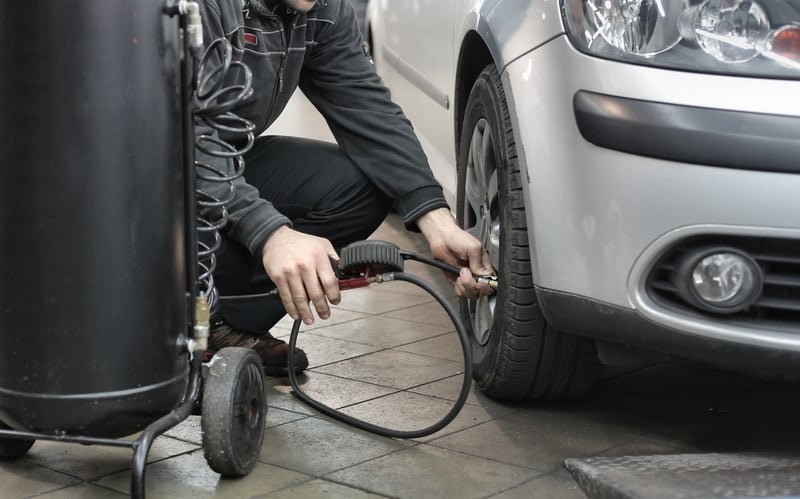For most of us, a car is among the most significant investments we are likely to make. Having put thousands of pounds into the purchase of your car, and then thousands more into keeping it fuelled, taxed and insured, you’ll want to be sure that it will last for as long as possible, retaining its value in the process. While it’s possible to spread the cost of purchase over a longer period, even if you don’t have the best credit history, it’s still worth looking at ways in which you might extend the lifespan of your car.
Driving carefully

Your driving habits will play a major role in determining how quickly your car deteriorates. If you’re regularly pushing the revs up beyond three thousand, then your engine will be under greater stress than if you’d kept things lower down. By the same token, you’ll need to brake more sharply, and more often, which will increase wear and tear on your brake pads.
Of course, reckless driving will also put you at statistically greater risk of being involved in a collision, which may dramatically shorten the lifespan of your car.
Related: Drive Safely Tips: How to Drive More Safely
Topping up fluids and replacing worn down components regularly
To function, your car needs several different kinds of fluid. The main ones you should concern yourself with are: the engine oil, the windscreen washer, and the coolant. The former should be checked around once every fortnight. It should be yellow-brown, much like cooking oil. If it’s dark and dirty, it’s time to get it replaced. Your coolant should comprise a mixture of distilled water and antifreeze. This will prevent it from freezing up during winter. Use propylene glycol rather than ethylene glycol, otherwise even a small spillage may serious harm the local cats.
Checking tyres

Your tyres should be puncture-free and inflated to the appropriate pressure. This will ensure that they’re able to bear the weight of the car while maintaining decent traction and saving you money on fuel in the process. Don’t overinflate the tyre, however, as this will shorten their lifespan.
Have it rustproofed
Modern cars tend to be extremely resistant to corrosion – but that does not always apply to those older models. It’s the cause of countless write-offs. Rustproofing involves covering the entire car in a protective wax that will prevent water from getting in. It is a procedure that may pay for itself in the long-term.
Keep down the weight
If you’re carrying around extra weight, then your car’s engine will need to strain that much harder to get you from one place to another. This will harm your fuel economy, and ultimately the vehicle’s longevity. Clean everything you don’t need out of the boot.
Read Also:
